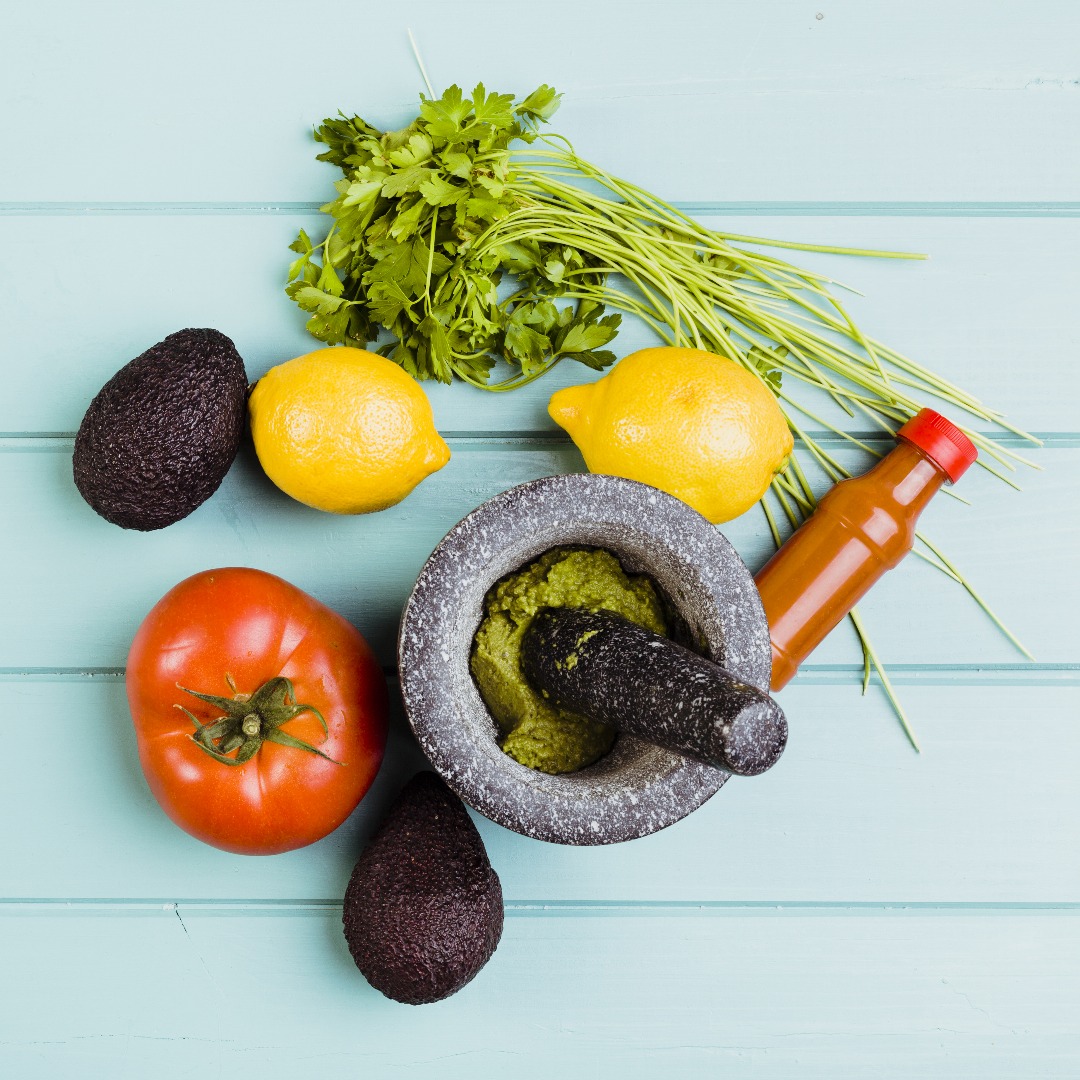How Nutrition Strengthens Your Immunity and Healing
Your body’s ability to fight illness, recover from injury, and maintain vitality depends largely on what you eat. Nutrition plays a vital role in building a strong immune system and promoting faster healing. Every meal is an opportunity to strengthen your body’s natural defense and recovery systems.

The Link Between Nutrition and Immunity
The immune system is your body’s defense mechanism against infections, viruses, and other harmful invaders. To function effectively, it requires a steady supply of nutrients that support the production and activity of immune cells.
Deficiencies in certain vitamins or minerals can weaken your immune response, making you more susceptible to illness. On the other hand, a balanced diet rich in whole foods, fruits, vegetables, lean proteins, and healthy fats can help keep your immune system strong year-round.
Key Nutrients that Boost Immunity
Vitamin C
Known for its antioxidant power, vitamin C helps protect cells from damage and supports the production of white blood cells.
Found in: Citrus fruits, bell peppers, strawberries, kiwi, and broccoli.Vitamin D
Essential for immune regulation and reducing inflammation.
Found in: Fatty fish (salmon, tuna), eggs, and fortified milk — also synthesized through sunlight exposure.Zinc
Important for the development and communication of immune cells and wound healing.
Found in: Nuts, seeds, legumes, and lean meats.Protein
Your immune cells are made up of proteins. A lack of protein can impair healing and immune function.
Found in: Poultry, eggs, fish, beans, and lentils.Antioxidants (Vitamins A & E)
These help reduce inflammation and protect tissues from free radical damage.
Found in: Carrots, spinach, nuts, and seeds.
Nutrition and Healing: Repairing from Within
After an illness, surgery, or injury, your body enters a state of recovery — rebuilding tissues and fighting inflammation. Proper nutrition speeds up this process by:
- Providing amino acids for tissue repair.
- Supplying vitamins and minerals that support collagen formation and cell regeneration.
- Maintaining hydration, which helps transport nutrients and remove toxins.
- Supporting energy levels, ensuring the body has the strength to heal efficiently.
“Good nutrition isn’t just about eating well — it’s about giving your body the strength to heal, recover, and thrive.”
Medical Director, TQSH
Foods That Support Recovery
- Leafy greens (spinach, kale): Packed with vitamins A, C, and K.
- Fruits (berries, citrus): Provide antioxidants that reduce inflammation.
- Whole grains (oats, brown rice): Supply sustained energy and essential nutrients.
- Omega-3 rich foods (salmon, chia seeds): Reduce inflammation and promote tissue repair.
- Probiotics (yogurt, kefir): Support gut health, which is closely linked to immune function.
Lifestyle Habits That Complement Nutrition
While diet plays a major role, other habits also enhance your immune strength:
- Get enough sleep: 7–8 hours of rest allows your body to regenerate.
- Stay hydrated: Water supports all cellular functions.
- Exercise moderately: Regular movement improves circulation and immune activity.
- Manage stress: Chronic stress weakens immunity — practice mindfulness or relaxation.
Conclusion
Your immune system and healing process are only as strong as the nutrients you provide. Every healthy choice, from colorful fruits to balanced meals, builds resilience, vitality, and protection against illness.






